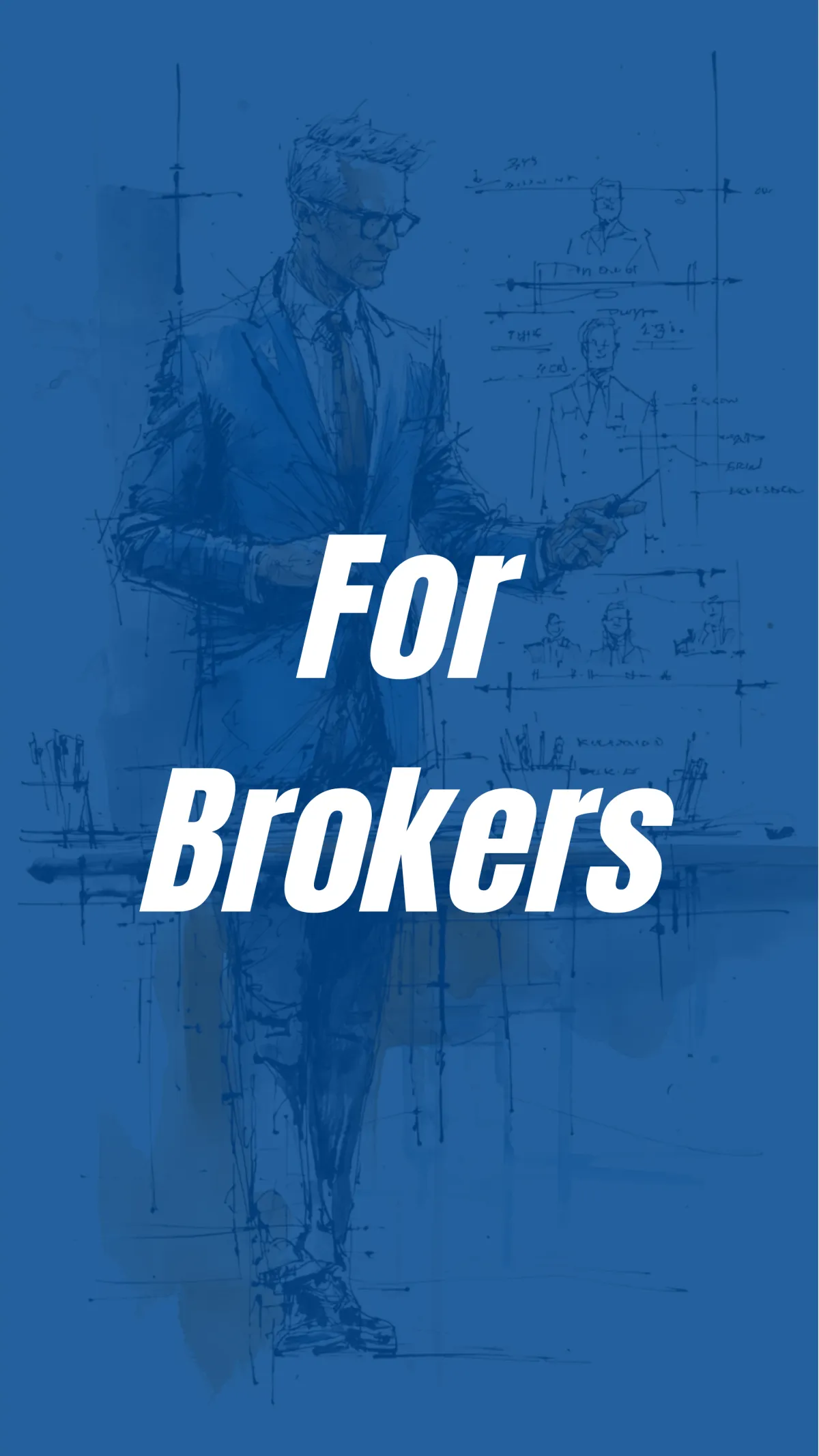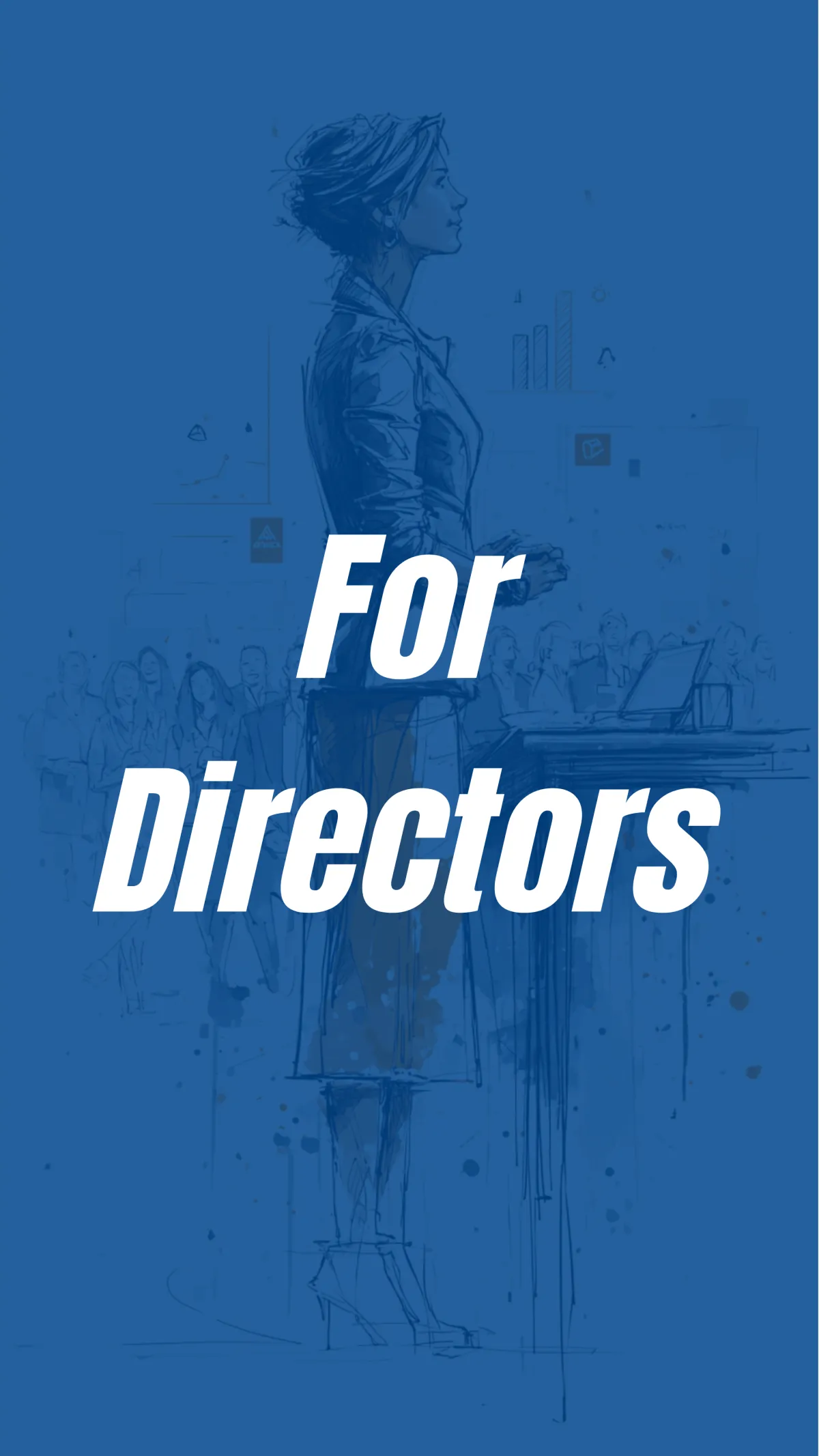
What Characteristics Define Businesses That Last Generations?
You see them in every town. The family-owned realty group that has been on the corner for 50 years. The broker whose name has meant trust in the community since your parents were buying their first home. What characteristics define businesses that last generations?
How do they build something that does not just survive but thrives through market crashes, tech revolutions, and changing times? You are not just building a career; you are building a legacy, and you want to know what characteristics define businesses that last generations. It is a bigger question than just hitting sales goals for the quarter.
What characteristics define businesses that last generations? This is not about some secret formula locked in a vault. It is about a specific set of principles and practices that anyone can build into their real estate business starting today. We will explore the DNA of these enduring companies, giving you a roadmap to create something truly lasting.
Unlock your potential with AI-powered solutions tailored to your real estate needs. Save time, grow faster, and work smarter. Schedule your discovery session now atlesix.agency/discovery.
What Characteristics Define Businesses That Last Generations? A Foundation of Unshakeable Trust

Before we discuss anything else, we have to talk about trust. This is the bedrock of any business that survives for the long haul, especially in real estate. A transaction involves a person's biggest asset, so trust is everything.
Legacy businesses operate with an almost fanatical commitment to their word. Their handshake means something. They do not cut corners to close a deal faster, and their reputation is worth more than any single commission check. The family values of the business owner are often reflected in every interaction, which solidifies this reputation over many years.
When a business consistently operates with integrity, it builds powerful social capital that money cannot buy. According toa study, a massive 81% of consumers said they need to be able to trust the brand to buy from them. That trust is what makes a past client refer their children to you 20 years later, contributing to true business success.
Beyond the Transactional Mindset
Many agents get stuck on a transactional treadmill. You close a deal, get paid, and start looking for the next one. Businesses built to last see each transaction as just one small part of a lifelong relationship.
They are not just selling a house; they are acting as a long-term advisor for their client's real estate needs. They keep in touch, offer advice on home maintenance, and share market updates long after the papers are signed. This mindset shifts you from a salesperson to a valued community resource, a common trait in a successful family enterprise.
This approach builds a moat around your business. When you are the go-to advisor, your clients are not tempted by the next agent who sends them a flyer. They already have someone they know and trust, a factor that helps many family-owned businesses prosper.
Building a Resilient Business Strategy

If trust is the foundation, a few key pillars sit on top of it. These are the active qualities and strategies that generational businesses practice day in and day out. A coherent business strategy is essential, guiding everything from daily operations to long-term growth.
They blend timeless principles with an eye on the future. They stay true to who they are while also being ready for whatever comes next. Let's break down exactly what that looks like in practice for successful family firms.
Adaptability is Survival
The world changes, and family businesses that last for decades are the ones that adapt without losing their soul. They saw the internet coming and did not stick their heads in the sand; they built websites. This willingness to evolve is a common thread through multiple generations of a family firm.
They saw the rise of social media and learned how to connect with clients there. Now, they are looking at tools like AI to help with marketing and sales operations. Adaptation is not about chasing every new fad.
It is about understanding the core principles of connecting with people and using new tools to do it better. A study by McKinsey shows that adaptable companies are far more likely to be top performers. These businesses are not scared of change; they see it as an opportunity to serve their clients in new and better ways.
Systems Make Success Predictable
You cannot build a legacy on one person's charisma alone. What happens if that person, the original business owner, gets sick or wants to retire? Legacy businesses are built on strong systems and processes that are part of a thought-out planning process.
They have a documented way of doing things, from how they generate leads to how they manage a transaction. This means the client gets a consistent, high-quality experience no matter which family member or non-family member they work with. It makes success a repeatable process, not a lucky accident.
Think about a great restaurant where the food tastes the same every time because they follow a recipe. Your business needs those recipes for success, too, so anyone on your management team can deliver the excellent service your brand is known for. This structure is vital for any family enterprise looking to grow.
A Powerful and Clear Vision
Businesses that last have a North Star. They have a clear vision of who they are, who they serve, and what they stand for. This vision, often rooted in strong family values, guides every decision they make.
This is more than just a mission statement hanging on the wall. It is the culture of the company. It is how they hire, who they partner with, and what they say no to.
When you have a strong vision, it attracts the right people to your team and the right clients. It gives everyone a shared purpose that is more motivating than just money. People want to be part of something meaningful that has a lasting impact.
Governance & Family Dynamics: The Human Element
Perhaps the most challenging part of running a family-owned business is managing the intersection of personal and professional lives. To mix family and business successfully requires intention and structure. This is where family governance becomes a critical component of longevity.
Effective governance structures provide a framework for decision making, conflict resolution, and strategic planning. They clarify roles, responsibilities, and expectations for every involved family member. Without this clarity, family dynamics can quickly sour, jeopardizing the entire business.
Great family enterprises often establish a formal board with non-family members or non-family executives to bring objective perspectives. These outside voices can help navigate difficult conversations and hold the family accountable to the business's best interests. This professionalizes the operation and prevents personal feelings from clouding critical business judgment.
The People Who Power the Legacy
A business is just a group of people working towards a common goal. The companies that stand the test of time know this. They invest heavily in their people, which includes family members, employees, and their clients.
Fostering the Next Generation of Leaders
A business cannot become generational if the founder holds on too tightly. Real legacy is about making yourself replaceable. This means actively mentoring and developing the next generation of leaders within your organization.
This could be training a promising new agent to one day take over your team or preparing your children to step into the family business. It is about empowering others with the skills and knowledge to carry the vision forward. Family business leadership requires a focus on stewardship, where the current leaders see themselves as caretakers for the future fourth generation.
This ongoing strategy creates a culture of loyalty and opportunity. Business-owning families who do this well ensure a smooth process to transfer ownership. Your best people will stick around if they see a path for growth and a future for themselves within your company.
Creating Clients for Life & A Loyal Team
Generational businesses create "clients for life." They have a database of clients they have nurtured for years, even decades. This customer loyalty is often a direct reflection of how the company operates internally.
The principle of treating employees well is fundamental. When team members feel valued and respected, they provide better service, which in turn creates happier, more loyal clients. Family businesses tend to excel at this, often viewing employees as an extension of the family itself, fostering strong family unity in the workplace.
They celebrate their clients' life milestones, like anniversaries and birthdays. They are the first call when a client has a question about a home renovation, even if they are not planning to sell. They have earned the right to be a permanent fixture in their clients' lives, providing a stable source of referrals and repeat business.
Financial Discipline is Non-Negotiable
The real estate market is a roller coaster of highs and lows. We all know this. The businesses that survive these cycles are the ones that practice sound financial management, giving them a serious competitive advantage.
They do not spend every dollar during the boom times. They save and invest wisely, building up cash reserves to carry them through the inevitable downturns. This financial cushion gives them freedom and stability, which many family-run businesses prioritize over rapid, risky growth.
While their over-leveraged competitors are panicking and laying people off during a slow market, the financially prudent business can hold steady. Some sophisticated family enterprises establish a family office to manage their wealth and investments professionally. This foresight allows them to invest in growth, like acquiring smaller firms or launching new marketing campaigns when others are pulling back.
Conclusion
Building a business that can be passed down to the next generation is one of the most rewarding things you can do. It is about creating something that has a lasting positive impact on your family, your team, and your community. It takes time, dedication, and a commitment to doing things the right way, every single time.
Now you know what characteristics define businesses that last generations. It requires a solid business strategy that can weather any storm. By focusing on a foundation of trust, embracing adaptability, and implementing strong governance structures, you lay the groundwork for longevity.
Investing in your people and practicing financial discipline gives your business the strength to endure. By following these principles, you can create more than just a successful career. You can build a true legacy that stands the test of time.
Ready to take your real estate success to the next level? Schedule your discovery session today atlesix.agency/discovery. Stay ahead with tips and insights—subscribe to our newsletter atlesix.agency/newsletter.










